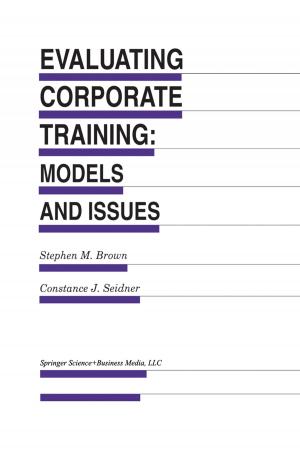Medieval Formal Logic
Obligations, Insolubles and Consequences
Nonfiction, Religion & Spirituality, Philosophy, Medieval, Logic| Author: | ISBN: | 9789401597135 | |
| Publisher: | Springer Netherlands | Publication: | March 9, 2013 |
| Imprint: | Springer | Language: | English |
| Author: | |
| ISBN: | 9789401597135 |
| Publisher: | Springer Netherlands |
| Publication: | March 9, 2013 |
| Imprint: | Springer |
| Language: | English |
Central topics in medieval logic are here treated in a way that is congenial to the modern reader, without compromising historical reliability. The achievements of medieval logic are made available to a wider philosophical public then the medievalists themselves. The three genres of logica moderna arising in a later Middle Ages are covered: obligations, insolubles and consequences - the first time these have been treated in such a unified way. The articles on obligations look at the role of logical consistence in medieval disputation techniques. Those on insolubles concentrate on medieval solutions to the Liar Paradox. There is also a systematic account of how medieval authors described the logical content of an inference, and how they thought that the validity of an inference could be guaranteed.
Central topics in medieval logic are here treated in a way that is congenial to the modern reader, without compromising historical reliability. The achievements of medieval logic are made available to a wider philosophical public then the medievalists themselves. The three genres of logica moderna arising in a later Middle Ages are covered: obligations, insolubles and consequences - the first time these have been treated in such a unified way. The articles on obligations look at the role of logical consistence in medieval disputation techniques. Those on insolubles concentrate on medieval solutions to the Liar Paradox. There is also a systematic account of how medieval authors described the logical content of an inference, and how they thought that the validity of an inference could be guaranteed.















